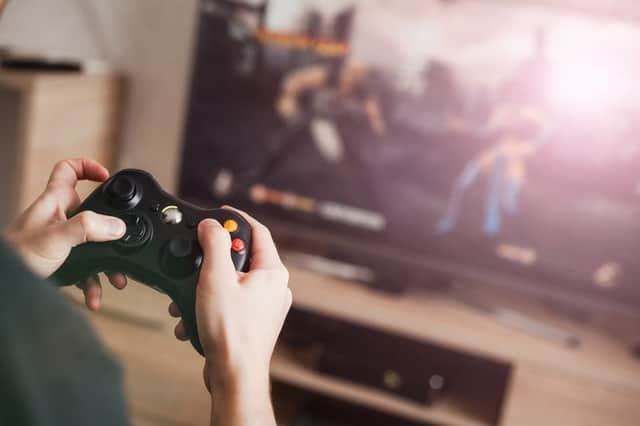This is how to spot the signs of a gaming addiction


Gaming addiction is now officially as real a condition as gambling or alcohol addiction, after it was recognised by the World Health Organisation (WHO).
The WHO voted to recognise voted unanimously to recognise the condition at their World Health Assembly in Geneva.
Advertisement
Hide AdAdvertisement
Hide AdThe vote adopted the changes proposed to the International Classification of Diseases (a full list and description of all internationally recognised health conditions) which were released in mid-2018.
Gaming addiction, known as gaming disorder, was included in the list for the first time following academic research and the classification of it as a mental and behavioural disorder by the American Psychiatric Association.
How to spot if someone you know is affected?
The WHO defines gaming disorder as having both online and offline variants, meaning those who play games such as Fortnite are as susceptible as those playing offline games like Zelda or Super Mario Bros.
Those who suffer from gaming disorder will exhibit behaviour of “such a nature and intensity that it results in marked distress or significant impairment in personal, family, social, educational or occupational functioning” says the WHO.
Advertisement
Hide AdAdvertisement
Hide AdThis can extend to poor diet, insufficient physical activity, and problems with eyesight or hearing.
Symptoms can go further and affect people in more serious ways, with sufferers also developing musculoskeletal problems, sleep deprivation, aggressive behaviour and even depression.
How many people are affected?
Enjoying a binge of Football Manager or Call of Duty is not equivalent to having a gaming disorder, and therefore it does not affect the majority of gamers.
The WHO state the disorder only affects a small proportion of people who play video games, and advises those who do to keep an eye on how their gaming affects their everyday life.
Advertisement
Hide AdAdvertisement
Hide Ad“People who partake in gaming should be alert to the amount of time they spend on gaming activities - particularly when it is to the exclusion of other daily activities - as well as to any changes in their physical or psychological health and social functioning that could be attributed to their pattern of gaming behaviour,” said the WHO.
The changes to the classification of diseases will come into effect in January 2022
This story originally appeared on our sister site, the Edinburgh Evening News.